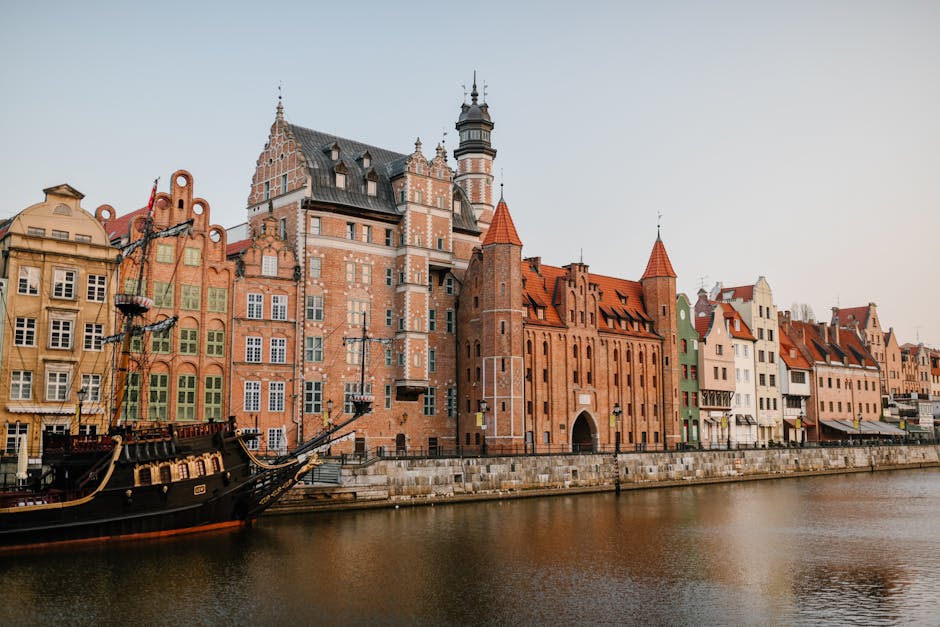
Exploring the Importance of Oral Traditions in Cultural Heritage
Oral traditions are an integral part of cultural heritage, contributing to the preservation of history and connecting communities through storytelling. Passed down from generation to generation, these narratives contain valuable lessons, beliefs, and customs that shape identities and provide a sense of belonging.
Through oral traditions, communities safeguard their shared experiences, ensuring that vital knowledge and wisdom are transmitted across time. Oral histories capture the essence of cultural heritage, amplifying voices that might otherwise be overlooked in written records. These stories offer diverse perspectives, shedding light on different aspects of history and providing a more comprehensive understanding of the world.
A strong oral tradition fosters a sense of cultural continuity and resilience. It reinforces cultural values and strengthens social bonds within communities. By listening to older generations recount their experiences, younger individuals gain insights into their roots, fostering a deeper appreciation for their cultural heritage.
Moreover, oral traditions often bridge gaps between generations, offering a platform for intergenerational exchange. Elders, as bearers of knowledge, bridge the past and present, passing on traditions to younger members. This exchange renews collective memory, drives cultural innovation, and contributes to the evolution of traditions over time.
It is crucial to recognize and celebrate oral traditions as a vital part of cultural heritage preservation. To safeguard these narratives, efforts should be made to document them systematically, ensuring their longevity despite modernization and changes in communication practices. The integration of technology, such as audio and video recordings, can play a significant role in capturing and archiving oral traditions for future generations.
